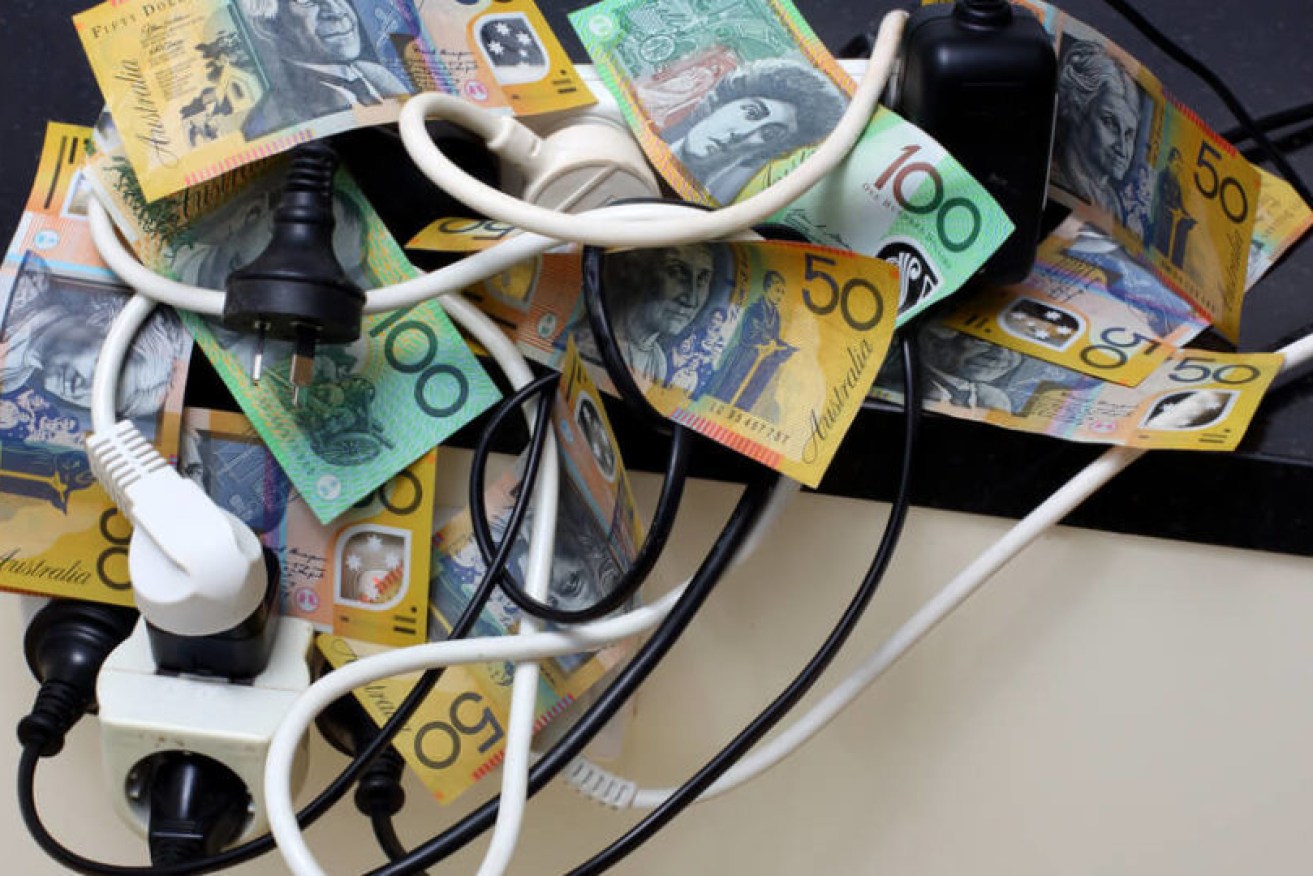‘Dramatic turnaround’: Electricity prices skyrocket in perfect storm of problems


Electricity prices soared in the second quarter in a perfect storm of problems. Photo: TND
A perfect storm of problems has sent electricity prices soaring over the last three months, in what the regulator called a “dramatic turnaround”.
The Australian Energy Market Operator (AEMO) said on Friday that the mainland wholesale electricity price skyrocketed to $95/megawatt hour (MWh) over the June quarter, rising 156 per cent on the March quarter.
Prices in Queensland hit a record $128/MWh on average, while NSW saw prices rise to $111/MWh amid worrying “significant price volatility”.
The increases were driven by a colder than average winter, which has increased demand substantially, while coal-fired power station outages in Queensland and Victoria curtailed electricity supply, the AEMO said.
As a result of “a significant incident at Callide Power Station on 25 May and several other extended outages, National Electricity Market (NEM) black coal–fired generator availability fell to its lowest Q2 level on record,” it said.
Gas prices have also been increasing, which impacts electricity prices because gas power stations have picked up some of the slack due to the coal outages, particularly during the evening when solar tails off.
Gas set wholesale prices 20 per cent of the time in Q2, up from just 8 per cent in Q1, the AEMO said.
Electricity prices to flow through
It’s all an unwelcome development after 19 consecutive months of falling electricity prices.
The good news is that households are partially shielded from the rises because electricity retailers tend to bear the brunt of wholesale volatility in the short term, Frontier Economics director Andrew Harpham said.
But Mr Harpham told TND the rises will be passed on, particularly if coal fired power station outages linger over the medium term, as expected.
“Customers won’t see the effect of this right away,” he said.
“[But] this calendar year prices, on average, are going to be a little bit higher … some retailers will put up their prices a bit.”
The hope is that these rises are temporary and give way to the bigger trend in the electricity market over the last year that has seen prices fall as a flood of new renewables generation has hit the market.
“If you look at the prices for financial year 2023 and 2024, they’re still low,” Mr Harpham explained.
Lowering your bill
More than half of Australia is currently in lockdown during the cooler than average winter, with temperatures below the 10-year average in Victoria, Queensland and NSW, the AEMO said on Friday.
That means your bill is probably going to go up in the short term too, especially if you’re having to put the heater on to avoid the cold weather.
Luckily there are a few things you can do to protect your budget.
The first thing is to negotiate a better deal with your electricity retailer.
If you’re on the default offer, you’re paying too much by definition, so it’s worth shopping around to find a lower priced market offer.
You also might be paying too much on your market deal, so check out what the cheapest offers on the market are right now and don’t be afraid to ask your retailer for their best deal, even if it takes an hour on hold.
Saving energy
The second thing you can do is consume less electricity and gas.
There are a few ways to achieve this, from using less power to ensuring your house retains warmth, reducing the need for constant heating.
If you haven’t already, make sure you turn off small appliances at the power point when they’re not being used – it’s a big electricity drain.
And running heaters all the time isn’t necessary either, particularly if you fix “leaks” in your house that are letting out warmth.
Luckily, doing this doesn’t have to break the bank and while home owners can take more aggressive steps to prevent heat leakage, renters have options too, Reece Collins, owner of superior energy ratings told TND.
Mr Collins said you can make a huge dent in your electricity bill with an investment as small as $100.
“Door seals, window seals, closed doors, all the basic stuff that’s very cheap to do gives you the best bang for your buck,” he said.
Seals can be purchased at your local hardware store.
Mr Collins said more expensive options like window glazing should be the last thing a household does to improve energy use because there are cheaper solutions that provide more value.
He said renters and homeowners alike should start by targeting all gaps between doors and floors, windows and wall fixtures.
“Renters have it tough … [but] there’s a big range of door and window seals available that are really cheap to buy and super easy to put on.”
“It could make a huge difference to their home power bills and comfort levels but it wouldn’t break the bank if they had to leave.”








